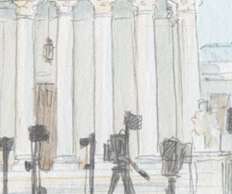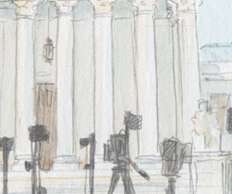Foreign intelligence surveillance and immigration
SCOTUSBlog
OCTOBER 14, 2021
involving whether punitive damages that are twice compensatory damages and fall within a state’s statutory punitive damages cap are constitutionally excessive. West Virginia v. The court also called for the views of the solicitor general (a so-called CVSG) in Epic Systems Corp v. 27 and Oct.














Let's personalize your content